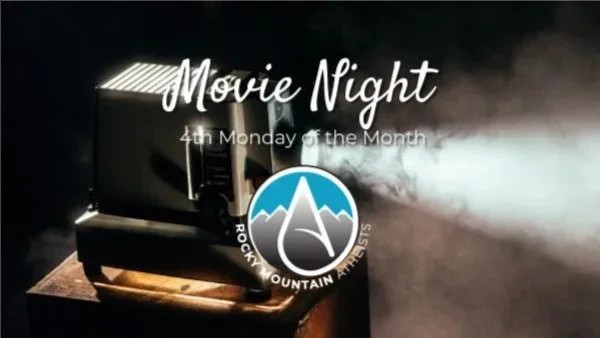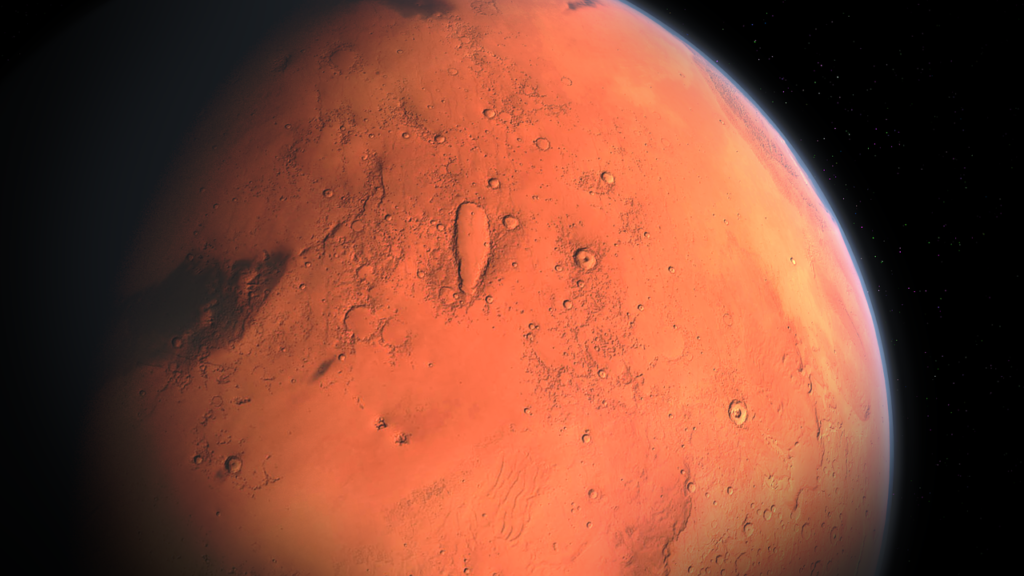
See what leaders in science, secularism, critical thinking, and skepticism did last week
Here's a little of what secularists, skeptics, atheists, and scientists did last week
#humanist

Let the Games Begin: Join Us on New Year’s Eve for a Night of Fun and Friendly Competition!
Ready to unleash your inner champion or just have a laugh with friends? Come hang out for a fun-filled evening of ping pong, board games, foosball, and more!

Nature’s Response to Human Expansion
As humans expand, wildlife adapts, leading to new coexistence challenges. Understanding these changes is crucial for safe interactions.

Boost Your Child’s Literacy with Comics
Discover how comics can enhance your child's reading skills and creativity. Explore valuable resources for parents to make the most of comic reading together.

The Next Gold Rush in Space
Asteroid mining could revolutionize resource acquisition, offering immense potential for space exploration and Earth. With advancements in technology, the dream of extracting valuable minerals from asteroids is closer than ever.

Join us on Movie Night – Online
Movie Night Alert! Join the RMA for an unforgettable evening. This month's title will be announced later.

Beam Me Down: Breaking Barriers in Solar Energy
A startup is making waves by beaming power from an aircraft to solar panels, hinting at a future where energy generation extends beyond daylight hours.
#SolarPower

WeCanReason Speakers’ Weekly Update
Catch up with what our speakers did in the last two weeks

Mars Mission Hits a Snag
NASA's MAVEN spacecraft has gone silent, leaving scientists puzzled. What happened to this vital Mars mission?

See what leaders in science, secularism, critical thinking, and skepticism did last week
Here's a little of what secularists, skeptics, atheists, and scientists did last week







